
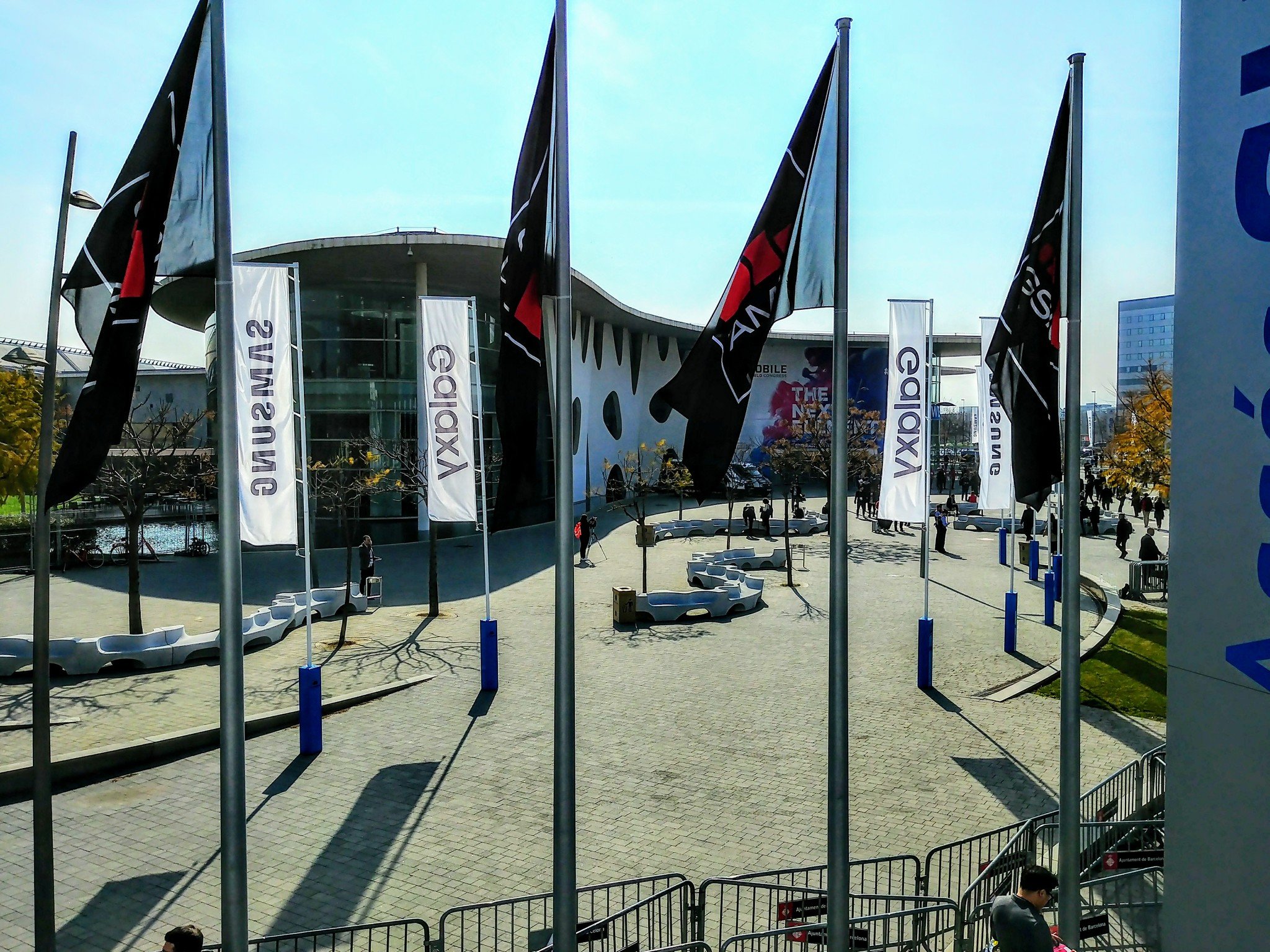 Source: Android Central
Source: Android Central

 Source: Android Central
Source: Android Central
On February 12, roughly one week before most press were set to leave for Barcelona, the GSMA (the industry organization that runs the show) chose to cancel the MWC 2020 trade show over continued concerns with the spread of COVID-19 (aka Coronavirus).
The news hit particularly hard because MWC had solidified itself as the mobile show for the world, and in most ways has become more important than CES earlier in the year. So with the show officially called off, what can we expect in the next few weeks, and for MWC 2021?

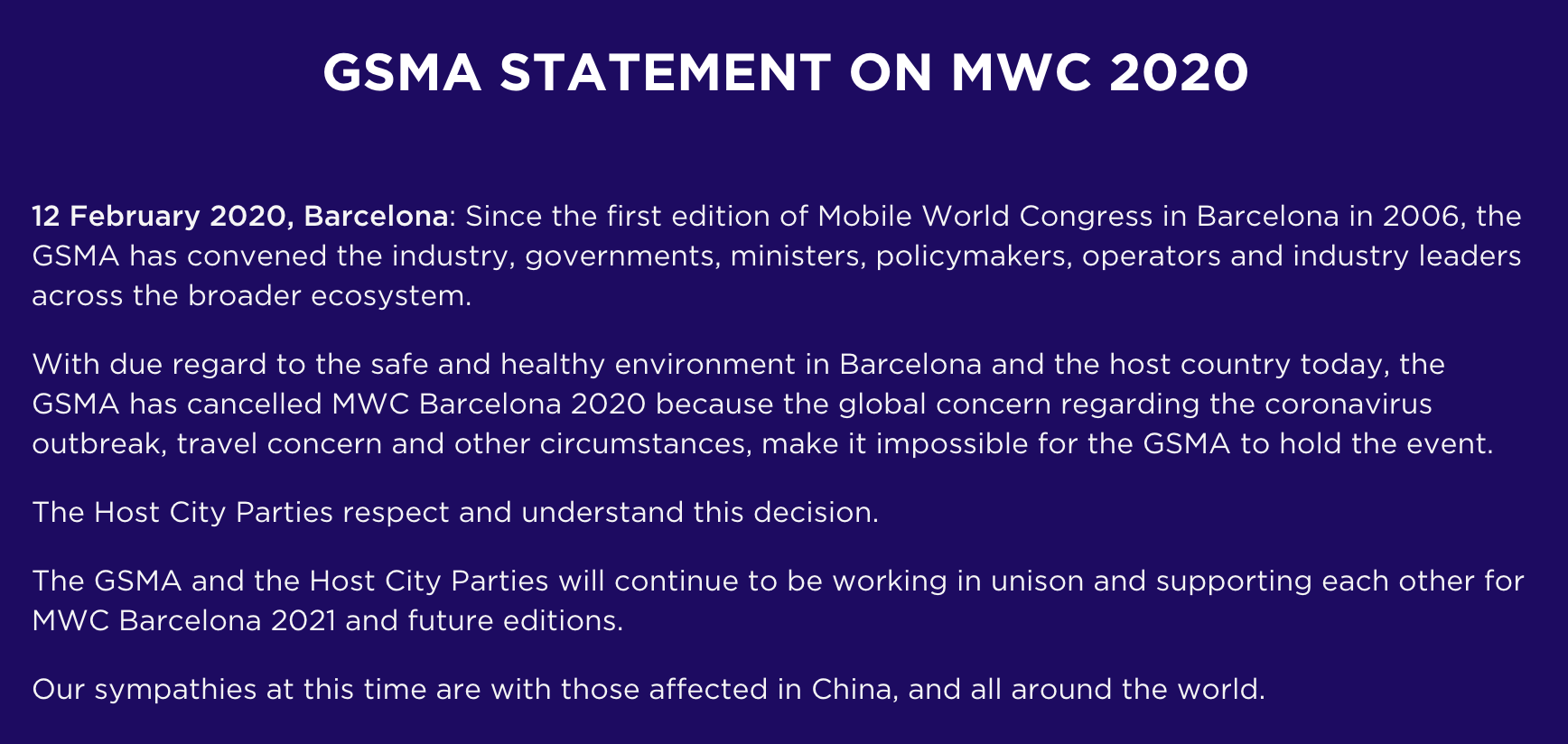 Source: GSMA
Source: GSMA
The GSMA said it would be “impossible” for the show to go on with the steady increase in concern over the COVID-19 virus spreading from region to region, particularly considering the historically heavy influence of Chinese companies at the show. Originally the GSMA had set guidelines for who could and could not attend the show, and followed the generally recognized precaution of having a 14-day quarantine for people coming from China, but that eventually gave way to a full cancellation.
While it’s true COVID-19 is a concern, the real problem was dozens of high-profile companies pulling out.
While it’s true the COVID-19 virus is top-of-mind for many people and it isn’t fully understood just how widespread it is, the real issue that led to the cancellation was the rapidly deteriorating attendance. Dozens of the largest companies set to attend the show had already pulled out within the week prior, and many others had dramatically scaled back their activities, cancelling their press conferences. Press outlets had started to follow suit as a result.
With the anchor tenants of the show already removed or reduced to a skeleton crew, the GSMA’s hand was effectively forced. Continuing on under these circumstances, with perhaps half or less of the attendance originally expected, would in itself have been quite a disaster for the show.

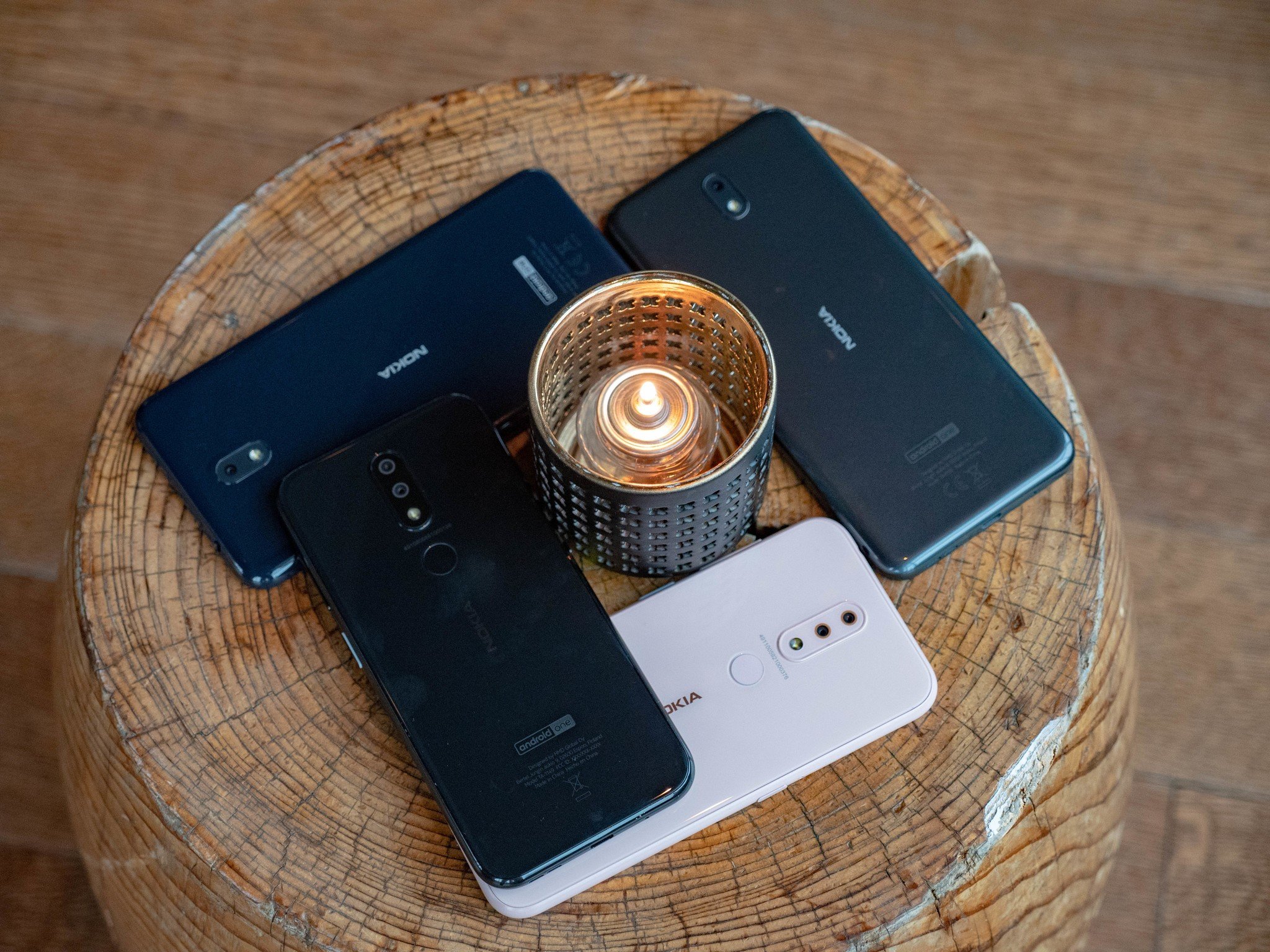 Source: Android Central
Source: Android Central
Though big players like Samsung choose to launch products on their own accord, big trade shows like MWC are a great platform for smaller companies — or big companies with smaller-impact products— to launch because of the high concentration of journalists and partners already in attendance. MWC 2020 was expected to bring product announcements from Motorola, HMD Global (Nokia), Sony, LG, TCL, Xiaomi, Honor, Huawei, Lenovo, Oppo, ZTE and more.
Each company will inevitably find a new approach to launching their products — it just won’t be as impactful.
Each company will inevitably find a new approach to launching these products. Most are not going to be big enough to warrant their own separate events — which is why they were at MWC in the first place — and will likely be replaced by a rollout of post-launch marketing materials that were already planned. It’s not ideal, but there’s already so much in motion with these launches that it’s cost-prohibitive to change anything else. In some cases, this strategy will actually delay their launches, as they shift their resources into a new strategy.
In either case, we will all have to wait a bit longer for true hands-on time with this round of devices as companies shift their strategies to ship out products to reviewers that would have otherwise seen them at the show. This early hands-on time usually satiates our desire to learn about the new products, so it may feel like a “delay” to the launch when in reality things are moving according to the usual time frame.

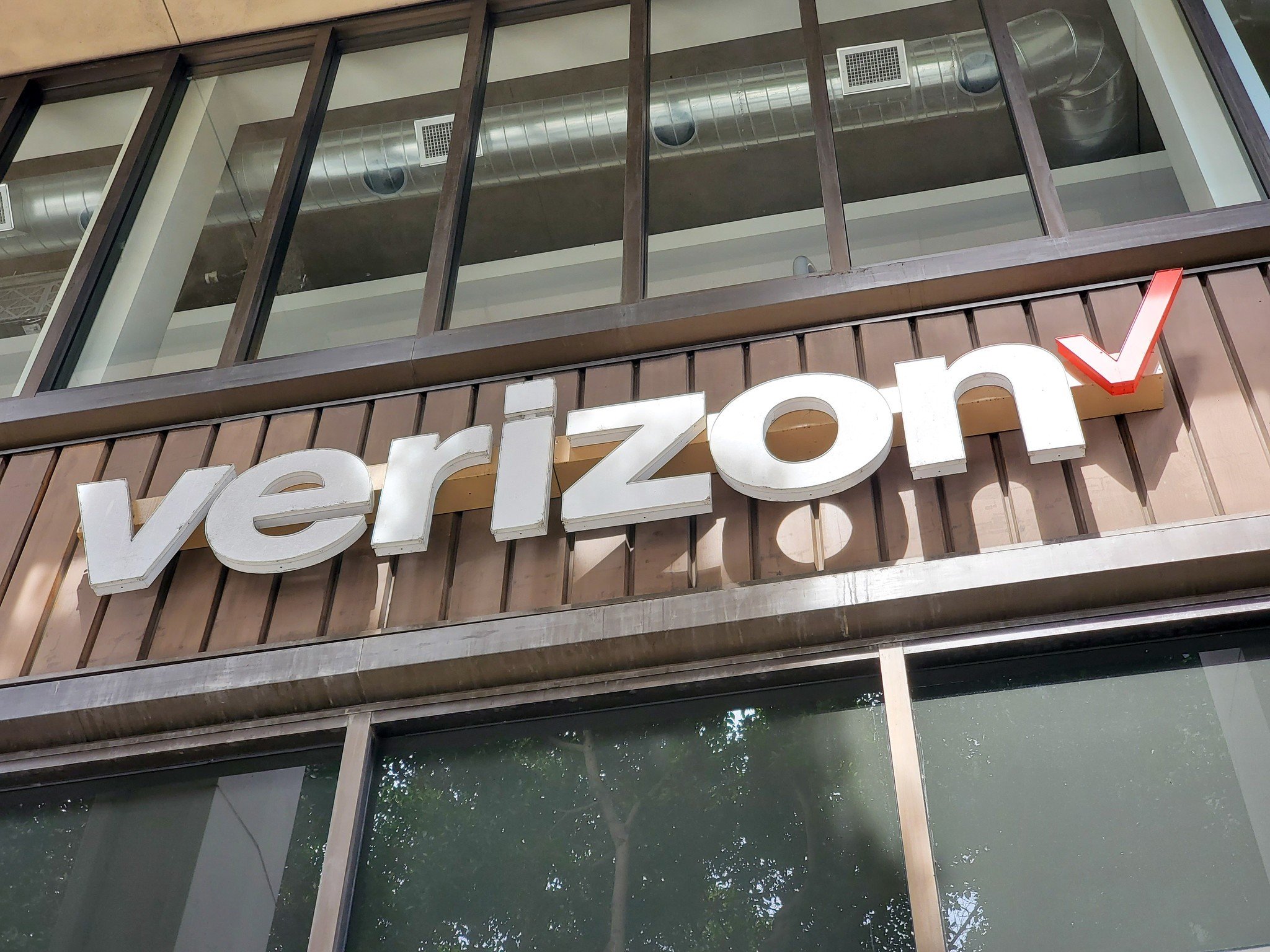 Source: Android Central
Source: Android Central
The behind-the-scenes business and enterprise functions may feel the brunt of the cancellation.
For as much as we like to focus on the consumer-facing phone, tablet and computer announcements, MWC is a massive show for the network, carrier and chipset side of the industry. The GSMA represents all parts of the wireless industry, all the way down to infrastructure providers — and some of the companies with the biggest presences at MWC are on this side of things.
Between the keynotes, panels, meetings and business partner gatherings, a majority of what’s happening around MWC relates to the network and carrier business. It can easily be said that MWC 2020 being canceled hurts the business and enterprise side of the mobile industry much more than the consumer side. Yes they’ll be able to take their meetings and make their business deals elsewhere, but there’s a reason why MWC had such a draw — it was a great place to get everything done at once.

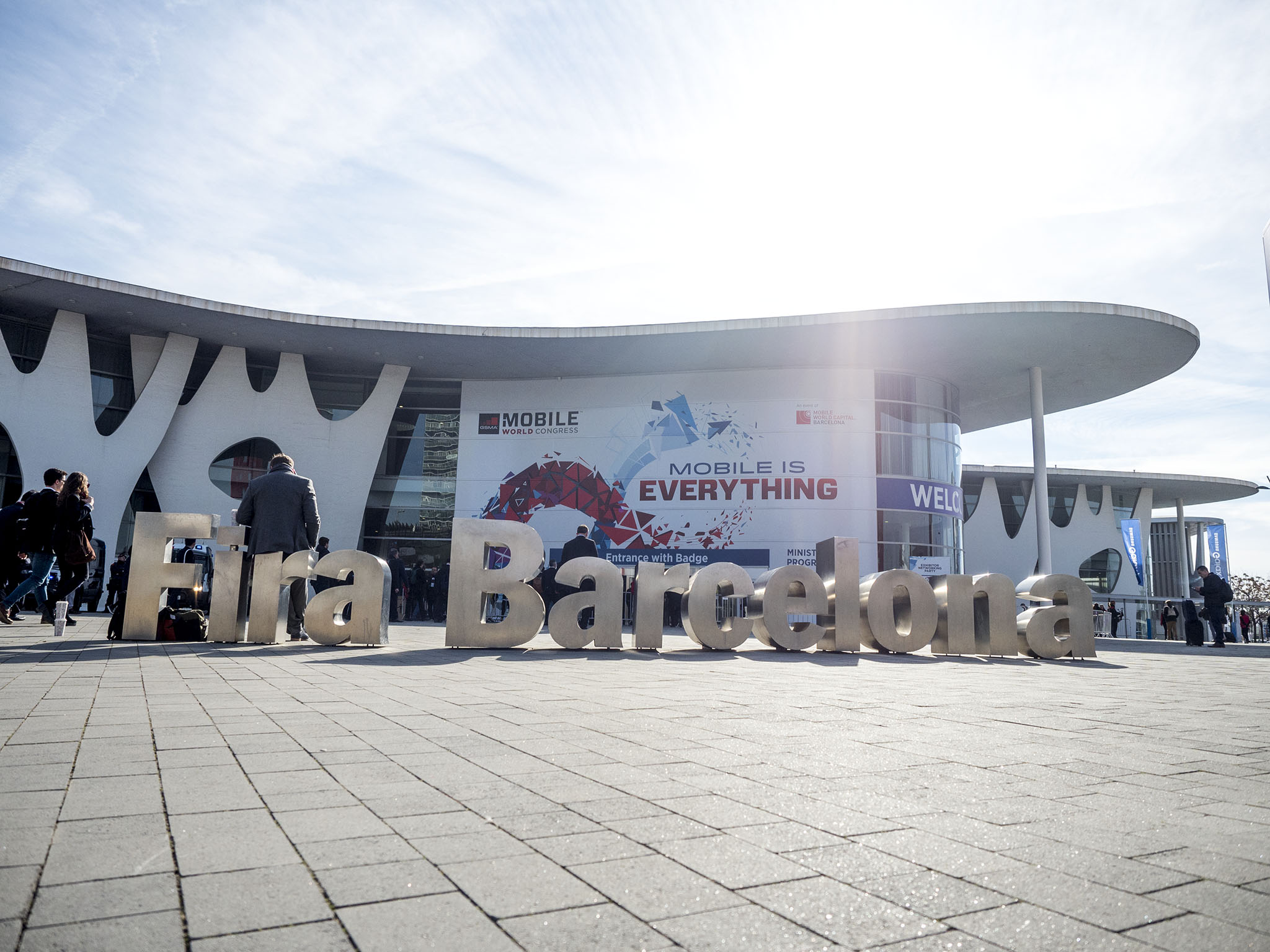 Source: Android Central
Source: Android Central
Officially, no. Unofficially … kind of. So many major companies had already removed themselves from MWC that the city was already going to be a bit of a ghost town next week. Now, it’s really going to be empty. The last few companies that were still holding onto their press conferences have given up now that the show has been officially cancelled, and that means few companies will be left with any sort of representatives at the show.
Even with most people — on all sides of the show — having booked flights and hotels months ago, it just isn’t worth going to Barcelona at this point. It’s a bit of a chicken-and-the-egg problem as well: journalists won’t attend if there aren’t lots of companies confirmed to be there as well, and companies don’t want to re-commit people to flights and accommodations if there’s no coverage to be had. And so, just about everyone has pulled out.
You’ll likely see that some people are still making the flights out to Spain — I mean, there’s still plenty of sangria and jamón to be had — but there won’t be any sort of official press conferences or notable announcements to be gained from it, unfortunately.

 Source: Andrew Martonik / Android Central
Source: Andrew Martonik / Android Central
Plenty of people have speculated and jumped to conclusions as to what MWC 2020’s cancellation means for the future of the show in general. Some have said that the money lost, plus the lost opportunities for revenue through the show, and perhaps more importantly the lost goodwill with the city of Barcelona, could lead the GSMA to drastically change MWC going forward.
John Hoffman, CEO of the GSMA, made it as clear as can be in his official statement that MWC 2021 will be happening:
The GSMA and the Host City Parties will continue to be working in unison and supporting each other for MWC Barcelona 2021 and future editions.
More realistically, the GSMA will take this opportunity to put new safeguards in place in case something of this sort were to ever happen again. Up to this point, the GSMA and the city of Barcelona were both generally happy with the success of MWC, and it’s unlikely that this cancellation — which was generally out of the control of the GSMA — would lead to severing that partnership.
This is a black mark on the show, for sure, but I feel as though everyone understands that this is an extenuating circumstance and not the fault of the GSMA in any way. And as of last year, MWC was still as strong as ever. I would fully expect MWC to be back in Barcelona in 2021, albeit with some precautions put in place from the GSMA, companies and attendees alike.

The federal government is ordering the dissolution of TikTok’s Canadian business after a national security review of the Chinese company behind the social media platform, but stopped short of ordering people to stay off the app.
Industry Minister François-Philippe Champagne announced the government’s “wind up” demand Wednesday, saying it is meant to address “risks” related to ByteDance Ltd.’s establishment of TikTok Technology Canada Inc.
“The decision was based on the information and evidence collected over the course of the review and on the advice of Canada’s security and intelligence community and other government partners,” he said in a statement.
The announcement added that the government is not blocking Canadians’ access to the TikTok application or their ability to create content.
However, it urged people to “adopt good cybersecurity practices and assess the possible risks of using social media platforms and applications, including how their information is likely to be protected, managed, used and shared by foreign actors, as well as to be aware of which country’s laws apply.”
Champagne’s office did not immediately respond to a request for comment seeking details about what evidence led to the government’s dissolution demand, how long ByteDance has to comply and why the app is not being banned.
A TikTok spokesperson said in a statement that the shutdown of its Canadian offices will mean the loss of hundreds of well-paying local jobs.
“We will challenge this order in court,” the spokesperson said.
“The TikTok platform will remain available for creators to find an audience, explore new interests and for businesses to thrive.”
The federal Liberals ordered a national security review of TikTok in September 2023, but it was not public knowledge until The Canadian Press reported in March that it was investigating the company.
At the time, it said the review was based on the expansion of a business, which it said constituted the establishment of a new Canadian entity. It declined to provide any further details about what expansion it was reviewing.
A government database showed a notification of new business from TikTok in June 2023. It said Network Sense Ventures Ltd. in Toronto and Vancouver would engage in “marketing, advertising, and content/creator development activities in relation to the use of the TikTok app in Canada.”
Even before the review, ByteDance and TikTok were lightning rod for privacy and safety concerns because Chinese national security laws compel organizations in the country to assist with intelligence gathering.
Such concerns led the U.S. House of Representatives to pass a bill in March designed to ban TikTok unless its China-based owner sells its stake in the business.
Champagne’s office has maintained Canada’s review was not related to the U.S. bill, which has yet to pass.
Canada’s review was carried out through the Investment Canada Act, which allows the government to investigate any foreign investment with potential to might harm national security.
While cabinet can make investors sell parts of the business or shares, Champagne has said the act doesn’t allow him to disclose details of the review.
Wednesday’s dissolution order was made in accordance with the act.
The federal government banned TikTok from its mobile devices in February 2023 following the launch of an investigation into the company by federal and provincial privacy commissioners.
— With files from Anja Karadeglija in Ottawa
This report by The Canadian Press was first published Nov. 6, 2024.
The Canadian Press. All rights reserved.

LONDON (AP) — Most people have accumulated a pile of data — selfies, emails, videos and more — on their social media and digital accounts over their lifetimes. What happens to it when we die?
It’s wise to draft a will spelling out who inherits your physical assets after you’re gone, but don’t forget to take care of your digital estate too. Friends and family might treasure files and posts you’ve left behind, but they could get lost in digital purgatory after you pass away unless you take some simple steps.
Here’s how you can prepare your digital life for your survivors:
Apple
The iPhone maker lets you nominate a “ legacy contact ” who can access your Apple account’s data after you die. The company says it’s a secure way to give trusted people access to photos, files and messages. To set it up you’ll need an Apple device with a fairly recent operating system — iPhones and iPads need iOS or iPadOS 15.2 and MacBooks needs macOS Monterey 12.1.
For iPhones, go to settings, tap Sign-in & Security and then Legacy Contact. You can name one or more people, and they don’t need an Apple ID or device.
You’ll have to share an access key with your contact. It can be a digital version sent electronically, or you can print a copy or save it as a screenshot or PDF.
Take note that there are some types of files you won’t be able to pass on — including digital rights-protected music, movies and passwords stored in Apple’s password manager. Legacy contacts can only access a deceased user’s account for three years before Apple deletes the account.
Google takes a different approach with its Inactive Account Manager, which allows you to share your data with someone if it notices that you’ve stopped using your account.
When setting it up, you need to decide how long Google should wait — from three to 18 months — before considering your account inactive. Once that time is up, Google can notify up to 10 people.
You can write a message informing them you’ve stopped using the account, and, optionally, include a link to download your data. You can choose what types of data they can access — including emails, photos, calendar entries and YouTube videos.
There’s also an option to automatically delete your account after three months of inactivity, so your contacts will have to download any data before that deadline.
Facebook and Instagram
Some social media platforms can preserve accounts for people who have died so that friends and family can honor their memories.
When users of Facebook or Instagram die, parent company Meta says it can memorialize the account if it gets a “valid request” from a friend or family member. Requests can be submitted through an online form.
The social media company strongly recommends Facebook users add a legacy contact to look after their memorial accounts. Legacy contacts can do things like respond to new friend requests and update pinned posts, but they can’t read private messages or remove or alter previous posts. You can only choose one person, who also has to have a Facebook account.
You can also ask Facebook or Instagram to delete a deceased user’s account if you’re a close family member or an executor. You’ll need to send in documents like a death certificate.
TikTok
The video-sharing platform says that if a user has died, people can submit a request to memorialize the account through the settings menu. Go to the Report a Problem section, then Account and profile, then Manage account, where you can report a deceased user.
Once an account has been memorialized, it will be labeled “Remembering.” No one will be able to log into the account, which prevents anyone from editing the profile or using the account to post new content or send messages.
X
It’s not possible to nominate a legacy contact on Elon Musk’s social media site. But family members or an authorized person can submit a request to deactivate a deceased user’s account.
Passwords
Besides the major online services, you’ll probably have dozens if not hundreds of other digital accounts that your survivors might need to access. You could just write all your login credentials down in a notebook and put it somewhere safe. But making a physical copy presents its own vulnerabilities. What if you lose track of it? What if someone finds it?
Instead, consider a password manager that has an emergency access feature. Password managers are digital vaults that you can use to store all your credentials. Some, like Keeper,Bitwarden and NordPass, allow users to nominate one or more trusted contacts who can access their keys in case of an emergency such as a death.
But there are a few catches: Those contacts also need to use the same password manager and you might have to pay for the service.
___
Is there a tech challenge you need help figuring out? Write to us at onetechtip@ap.org with your questions.

LONDON (AP) — Britain’s competition watchdog said Thursday it’s opening a formal investigation into Google’s partnership with artificial intelligence startup Anthropic.
The Competition and Markets Authority said it has “sufficient information” to launch an initial probe after it sought input earlier this year on whether the deal would stifle competition.
The CMA has until Dec. 19 to decide whether to approve the deal or escalate its investigation.
“Google is committed to building the most open and innovative AI ecosystem in the world,” the company said. “Anthropic is free to use multiple cloud providers and does, and we don’t demand exclusive tech rights.”
San Francisco-based Anthropic was founded in 2021 by siblings Dario and Daniela Amodei, who previously worked at ChatGPT maker OpenAI. The company has focused on increasing the safety and reliability of AI models. Google reportedly agreed last year to make a multibillion-dollar investment in Anthropic, which has a popular chatbot named Claude.
Anthropic said it’s cooperating with the regulator and will provide “the complete picture about Google’s investment and our commercial collaboration.”
“We are an independent company and none of our strategic partnerships or investor relationships diminish the independence of our corporate governance or our freedom to partner with others,” it said in a statement.
The U.K. regulator has been scrutinizing a raft of AI deals as investment money floods into the industry to capitalize on the artificial intelligence boom. Last month it cleared Anthropic’s $4 billion deal with Amazon and it has also signed off on Microsoft’s deals with two other AI startups, Inflection and Mistral.
The Canadian Press. All rights reserved.


Freeland says she’s ready to deal with Trump |


NASA astronauts won’t say which one of them got sick after almost eight months in space


43 monkeys remain on the run from South Carolina lab. CEO thinks they’re having an adventure


Freeland rallies a united front ahead of Trump’s return to White House


Deputy minister appointed interim CEO of AIMCo after Alberta government fires board


Montreal says Quebec-Canada dispute stalling much-needed funding to help homeless


S&P/TSX composite index down Friday, Wall St. extends post-election gains


Mitch Marner powers Matthews-less Maple Leafs over Red Wings